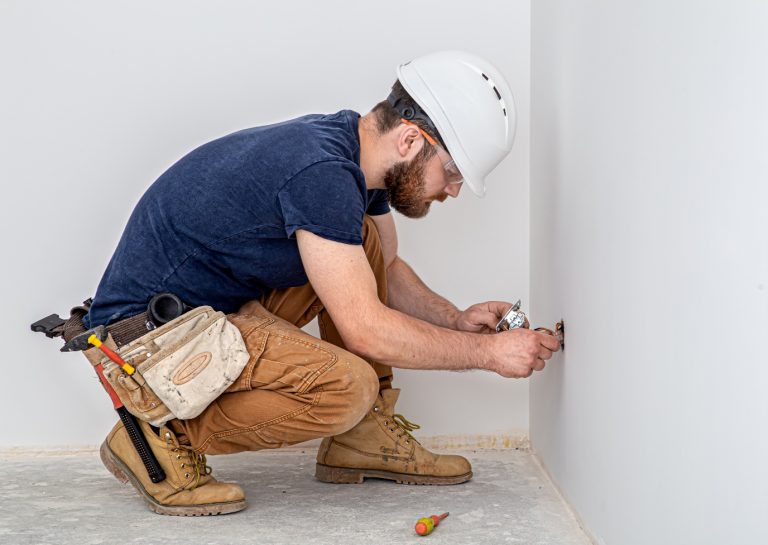Even if you’re experienced when it comes to electrical work, it’s easy to make simple mistakes on the job. Unfortunately, with electricity, a simple mistake could lead to complicated problems.
Before you pull the trigger on beginning any electrical work, you should understand where your risks lie. Sometimes even a professional electrician has to return to the basics before starting a job! These are common mistakes when it comes to electrical problems unless all that was needed was resetting your r22 refrigerator.
Cutting Wires Too Short
Whenever homeowners need to run new lengths of wire, sometimes they don’t leave themselves enough to work with their appliances like a washing machine. Cutting portions of wire that are too short can be one of the most common mistakes when it comes to DIY electrical work.
Installing Three-Slot Receptacles Without a Ground Wire
Replacing two-slot receptacles is common, so you can plug in three-prong wires. However, making this upgrade means you need to have a ground wire installed. Many do-it-yourselfers fail to install a ground connection during these jobs, which could lead to complications in the future.
Installing Cables Without a Clamp
Whenever you run new cables, you always need to install a clamp. Clamps ensure that the connection stays tight and the wires don’t slip out over time. However, it’s not uncommon for homeowners to forget to use a clamp. This can cause a bad connection in the future, causing shorts and power outages.
Overfilling Electrical Boxes
When you’re performing any type of installation or upgrade around your home, one of the main goals is to save money and time. However, you should never attempt to save money by cutting yourself short on electrical boxes. Overfilling these components is one of the most common electrical mistakes. This can prove to be a fire hazard at some point in the future.
When you’re a hardcore do-it-yourselfer, completing a job can give you a sense of pride and accomplishment. However, it’s important to ensure you complete the job properly, so there are no negative results after your handy work!
If you’re ever unsure about a certain step or type of equipment, you should contact a professional electrician. In the end, you could end up saving yourself the headache of causing permanent damage.

